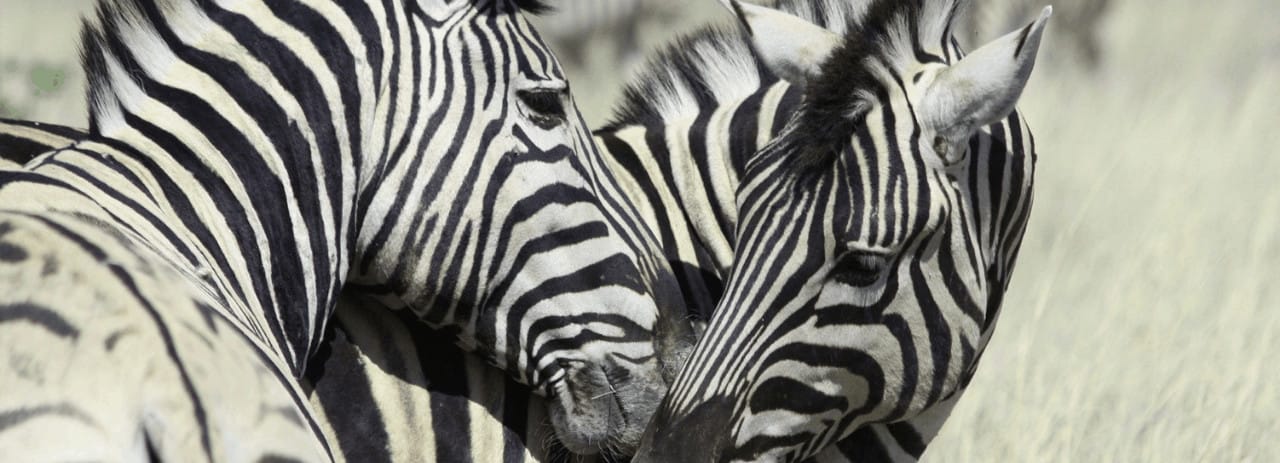Tag: Safari
A safari in Namibia is a unique experience in Africa. It has the highest sand dunes on the continent, the world’s oldest and uninhabited deserts, the Skeleton Coast and a lush jungle to the north. Whatever you have planned on your trip, ensure you follow our top travel tips to stay healthy.
Vaccines
All travellers need to ensure they are up-to-date with Hepatitis A, Typhoid and Diphtheria, Tetanus and Polio (DTP). These are your basic traveller vaccine requirements. You may wish to consider further vaccinations against Rabies and Hepatitis B.
There is no risk of Yellow Fever in Namibia, however, travellers who will arrive in Namibia having transited from a country with a risk of Yellow Fever will be required to be in possession of a valid Yellow Fever Certificate.
Countries this would apply to include Kenya, Nigeria, Zambia, Ethiopia, Brazil, Peru and Bolivia. For the full list of countries with risk of yellow fever transmission as per the World Health Organisation.
For more information on our vaccines, please visit our travel and wellness vaccination pages.
Malaria
There is a risk of malaria in the northern areas of Namibia of the Kunene River, Caprivi and Kavango regions and Etosha National Park. Windhoek, Swakopmund and the Skeleton coast have a low risk of malaria. If you intend to visit malarial regions, ensure that you take the antimalarial medication with you. Mosquitoes that are responsible for the spread of malaria are most active between dusk and dawn, and therefore you need to be extra cautious during this time against mosquito bites.
Insects
Ticks, flies and mosquitoes all have the ability to transmit unpleasant disease in Namibia. The best prevention against these diseases is to avoid mosquito bites. Cover up as much as possible and apply a minimum concentration of 50% DEET to any areas of exposed skin. Clothes can be treated with permethrin before setting off to provide an extra level of protection. Sleep under a mosquito net especially if you plan to stay anywhere remote or rural.
See our Ultimate Bug Kit.
Food and water
Travellers should exercise caution with food and water when travelling to Namibia to avoid tummy troubles. Do not drink tap water in Namibia, stick to bottled water or water that has been boiled. If you are undertaking a self-drive trip and plan camping in remote areas it is a good idea to take either a water bottle with a filter or some chlorine dioxide tablets to make water safe to drink should you not be able to find a shop with bottled water. The Namib Desert is one of the aridest in the world so always ensure you pack extra water.
See our Worldwide Gastro Kit to help with any travellers tummy troubles.
Book your travel appointment online today.
By Anna Chapman | Travel Nurse | June 2019
Travel Tips for a Kenya Trip of a Lifetime
Wandering with wildebeests this summer?
The spectacular wildebeest migration sees over 2 million animals traverse the plains of the Serengeti National Park in Tanzania into the Masai Mara Reserve in Kenya. The best time to witness this breathtaking event this year is in June.
If you’re planning to travel to East Africa this summer, here are our top tips for staying healthy:
- Be sensible with food and water to avoid travellers’ diarrhoea. See our worldwide gastro kits.
- Take a small first aid kit with you for minor injuries and illnesses, including medications for upset stomachs. Parks can often be located far from medical help and have medical facilities with varying health standards.
- Although the main attraction on a safari is the wildlife, remember that rabies exists throughout Africa. Whilst most cases result from dog bites, all mammals have the potential to transmit the virus, and treatment can be difficult to obtain. It is advisable to obtain vaccinations prior to travel.
- Mosquitoes and insects are ubiquitous in game parks, especially around watering holes. They carry diseases such as malaria, dengue fever, leishmaniasis and sleeping sickness. Take precautions against insect bites by covering up with long loose clothing, wearing insect repellent and sleeping under a mosquito net at night. You can also purchase our Ultimate Bug Kit.
- With Kenya lying on the equator, the sun’s rays are extremely powerful. Be sun safe by wearing a high factor sunscreen, sunglasses, and hat.
- Wear light, long-sleeved clothing. Avoid dark clothing – Tse Tse flies are attracted to dark blue colours and can cause sleeping sickness.
- Ensure you receive your pre travel vaccinations which should include Diphtheria, tetanus and polio (DTP), Hepatitis A and Typhoid, Rabies, Hepatitis b.
- Don’t forget to take malaria tablets as all of Tanzania poses a risk of malaria.
- Whilst the Yellow Fever vaccination is not usually recommended for travellers to Tanzania, it may be recommended for parts of Kenya. Additionally , travellers may need to present proof of the vaccinations on entry, depending upon their flight route and countries travelled. Ensure you get up to date advice.
Fleet Street Travel Clinic
By Anna Chapman | Travel Nurse | May 2018





